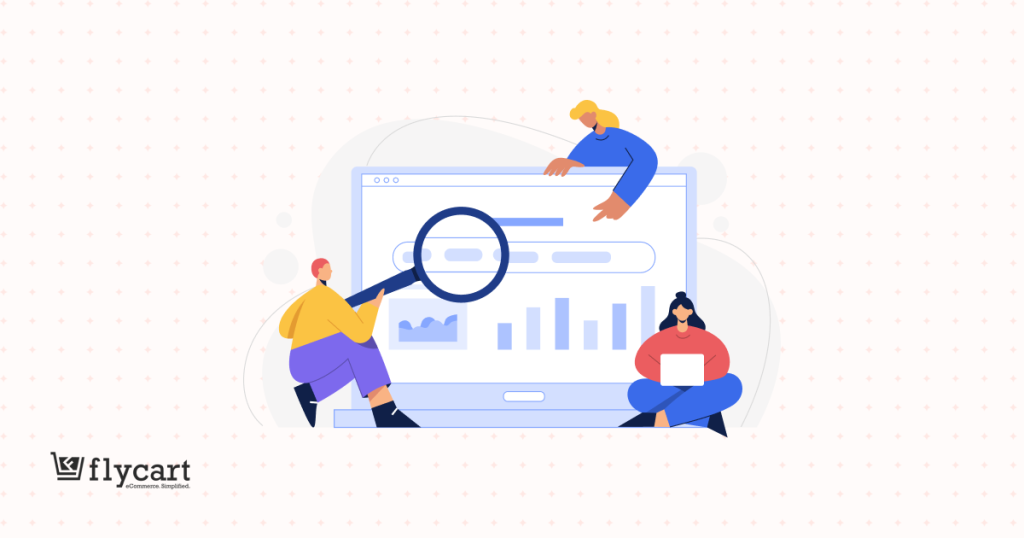E-commerce websites are the easiest target for hackers. It is important for Web developers and system administrators to stay up to date with the security problems.
Developers use a ton of coding sets from different sources, plugins, extensions, and components that sometimes operate independently. They follow basic coding security practices while creating the eCommerce website. Server-side security measures also offer a decent level of security.
Hackers are very well aware of these virtual infrastructure constructions and security protocols. Effective scanners are available today to scan and report all the system and security mechanisms in place. You can also make use of the right tool to eliminate vulnerabilities.
In this article, I like to suggest some best security practices for eCommerce websites to protect their business from data theft and prevent hackers from using their online business platform as a playground.
Basic Security Practices
Web Developers and the Server Administrators always follow all the necessary basic security practices. Some of them are,
- Configuring proper permissions to files and folders in the server.
- Password Protecting Administrator accounts and User accounts.
- Validating user inputs in Authentication areas.
- Web Developers following SQL injection Prevention Parameters in the Database and Functions used in the scripts.
- Testing the Website/App thoroughly before deploying in Production Server.
and so on…
Let’s see the list of security practices that I like to suggest you follow in your eCommerce Website. While providing more flexible features to your online shopping website, it is important to make the customers feel that your website is 100% secure and smooth for transactions as well.
Protecting customer’s data should be the top priority. Hackers are always curious about the areas that developers and administrators sometimes miss to notice. One backdoor or mistake is all they need to compromise the entire website or web server.
- Take Care of the Core
Today, most of the online shopping websites run popular open source and Commercial eCommerce software. Developers simply disable or remove the features that their customers don’t want to. Write code or add few extensions to bring in missing features that business owners ask for.
Hackers simply begin their hunting randomly for websites that use such open source or popular commercial eCommerce software.
It is really important to keep the core up to date. You must make sure that the eCommerce software you use is receiving proper security patches and bug fixes from its developers periodically or frequently.
WordPress + WooCommerce, Joomla + WooCommerce or Drupal, Whatever platform your eCommerce website is running on, make sure the Core platform is receiving updates.
As a Flycart plugin user, I am happy that I am receiving periodical updates with bug fixes and performance improvements.
- Plugins/ Extensions from Trusted Sources
Always make sure your website developer who is managing your eCommerce website is getting his site plugins, components, and extensions only from trusted sources. Never encourage practices like simply using a plugin because it’s free or copying the scripts and codes from random sources.
One of the poor coding practice that is followed by new web developers and programmers is searching in google and copying the code snippets and sometimes, the entire scripts without verifying the sources properly.
This will make the hackers do the backdoor finding tasks a lot easier.
Saving a few dollars will make you lose thousands when a successful hacking attempt happens, that puts the customer data, financial data, and private data at huge risk.
- Admin Panel Security
It feels like a bottle of honey. /admin/, /administrator/, /login/ are some of the most commonly used folder names by web developers and first key search for hackers on your website.
Finding any sort of input validation attack, CSS, XSS and other types of attacks make the job a lot easier for any hacker.
Protecting such login areas and especially, administrator directories with .htaccess is one very basic level of security measure, Web developers should do. Additionally, setting up IP Blacklisting in mod_security (if Apache server) is essential for preventing any brute force script attacks by a hacker.
- Routine Backup Process
Always make sure a periodical backup process is in place for the entire website. In case of any website defacing or data deletion type of attacks, it is very important to restore your very recent data from your backup server to prevent any huge financial data loss.
Most of the web hosting companies offer backup as an additional feature that you have to purchase. Of course, it’s expensive for the hosting companies to maintain such backups.
My recommendation will be, don’t try to save money backup’s and make sure you have configured the server to take routing backup of your entire website including database as well.
- Deploy an App Level Monitoring System
Web security services like CloudFlare offers excellent website/web app monitoring system. You will know the complete details of who is visiting your website and accessing which sets of directories and folders. Rather depending on regular analytics software’s, it is very important to deploy an app level monitoring system to regularly monitor and log the user access and events that take place on your shopping website.
When you have multiple administrators, staffs and customer login areas, it is important to monitor it regularly. Make sure every single successful login attempts are logged and failed attempts are flagged as well.
Such logs should contain the IP address, OS information, and other Timestamp data as well.
Application level firewalls are proven to be effective and should be in place for easier management of an eCommerce website.
- 3rd Party Security Testing Apps
Your eCommerce Website developer may have certain testing tools to perform the verification and validation after development. Hackers always think a few steps ahead than the steps followed by organizations age-old regular testing practices.
Sucuri is my favorite when it comes to website and web app security assessment. Hackers personal favorite will be Nessus vulnerability assessment tool. Nessus is an effective software in finding such poor coding practices that exist in any Web Application.
Sucuri and Cloudflare, both offer quite a peace of mind for novice users, and business organizations to not worry about hacking attempts much. Simply redirect all your website traffic through them, and they handle any such hacking attempts, script execution by malicious hackers and boost your website page speed as well.
I really appreciate your patience in going through all these 1000+ words 🙂 I hope you find this article useful and gave you some better understanding of the possible threats your eCommerce website could face.
Thanks for reading and feel free to share a word about these best security practices for e-commerce websites if you find it useful. Have a great day.






